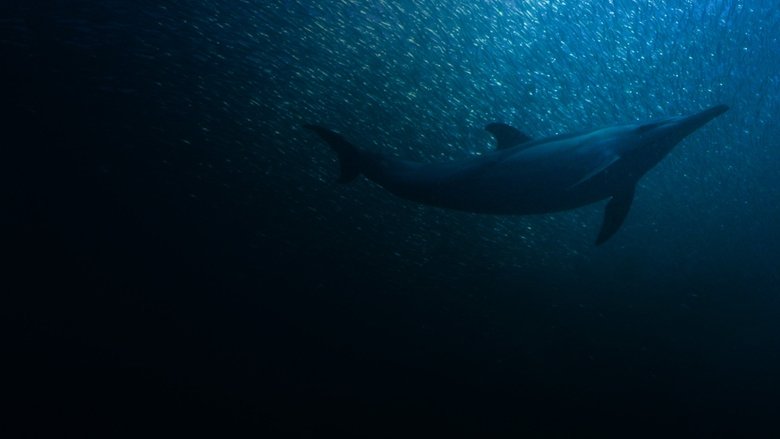
A Volcano Odyssey (2012)
The epic story of the life of a volcano, capable of both causing the extinction of all things and helping the evolution of species, over 60 million years.

The epic story of the life of a volcano, capable of both causing the extinction of all things and helping the evolution of species, over 60 million years.
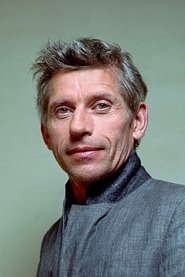 Jacques GamblinSelf - Narrator (voice)
Jacques GamblinSelf - Narrator (voice)A look at the predators of the Savuti
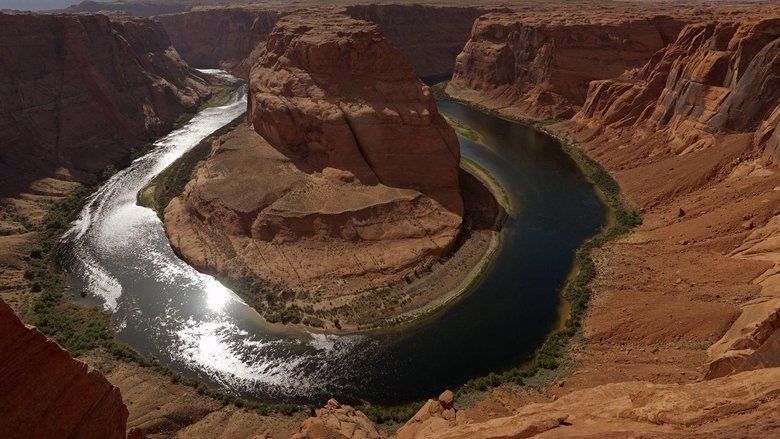
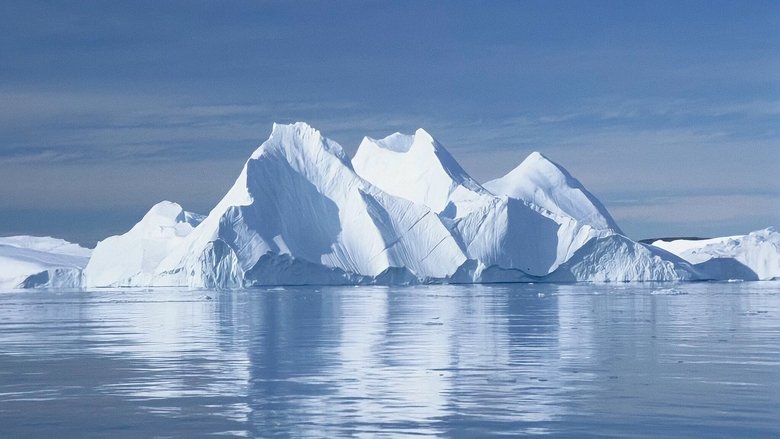
A journey to seven of the most geographically dynamic locations on earth. The film features spectacular land forms, diverse wildlife and the people and cultures indigenous to these places. Distinct geographic places include the great island of Madagascar, home to unique limestone pinnacles and the playful lemur; and the greatest desert—the Namib—home of the largest sand dunes in the world that tower majestically over its western border, the Atlantic Ocean. Other locations featured are the great icecap of Greenland, Iguazu Falls in Brazil, the Okavango Delta in Botswana, the Chang Tang Plateau in Tibet, and the Amazon River in South America.
On the African plains, where only the strong survive, one big cat rules supreme. This is life in the raw: savage, beautiful and unforgettable. During the eight years that Jurgen Jozefowicz filmed a pride of lions in South Africa's Kruger National Park, he won the trust of the dominant male and, astonishingly, was accepted into the pride. This is his story. How does it feel to live amidst a group of the most feared predators on the African continent as they fight to survive in a harsh, unforgiving world? Jurgen's film shows what it's like and is the result of his remarkable adventures. Jurgen is one of the world's premier wildlife photographers. His story of his life with these lions is one that spans a period of political struggles, disease and drought, showing the highs and the lows of life in the lion pride.
Four top predators are compared, each champion in a type of environment, with key adaptations. On the ground, the cheetah outruns prey (approached in masterly stealth) and enemies. In the air, the peregrine falcon is a flight and diving machine. In sweet water, the Nile crocodile survives since the Dino age, without natural enemies, with several amazing metabolism stunts. Lurking under water, it snaps blindly at migrating wildebeest, then waits underground. In the oceans, the equally ancient shark, notably the great white, migrates seasonally to find abundant prey, such as young seals around South Africa.
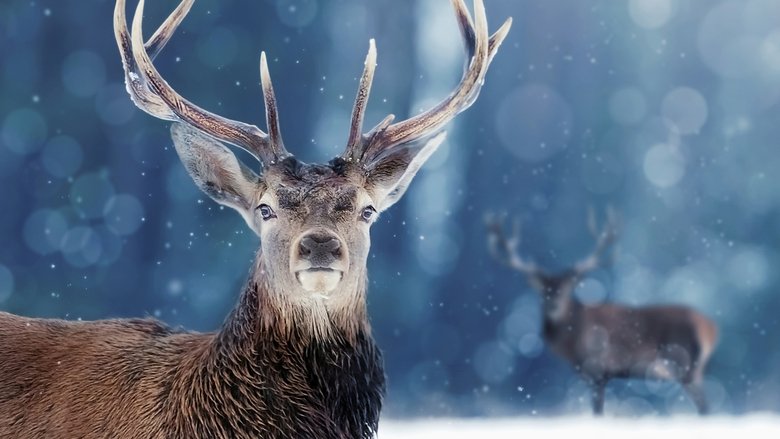
Liz Bonnin introduces a cast of charismatic animals to reveal the remarkable strategies they use to survive, and even thrive, through the winter.
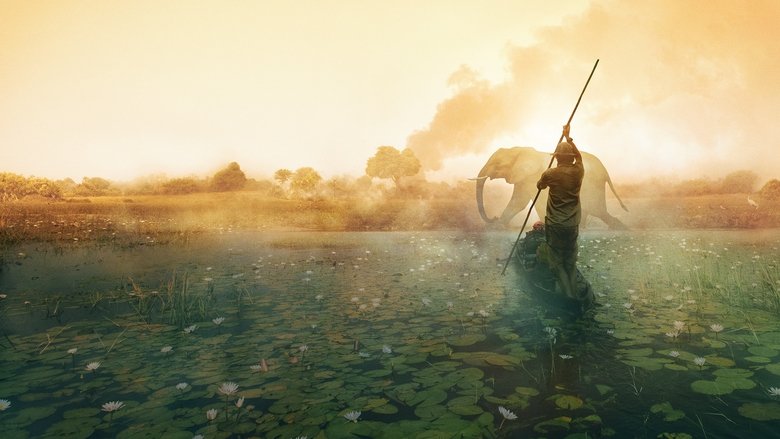
A passionate conservation biologist brings together a river bushman fearful of losing his past and a young scientist uncertain of her future on an epic, four-month expedition across three countries, through unexplored and dangerous landscapes, in order to save the Okavango Delta, one of our planet's last pristine wildernesses.
NOVA: Extreme Animal Weapons From lobster claws and dog teeth to bee stings and snake fangs, every creature depends on a weapon. But some are armed to extremes that make no practical sense - whether it's bull elks with giant 40-pound antler racks or tiny rhinoceros beetles with horns bigger than their body. What explains giant tusks, horns and claws that can slow an animal down and even impair health and nutrition? Showcasing astonishing wildlife cinematography, Extreme Animal Weapons investigates the riddle of outsize weaponry and uncovers a bold new theory about what triggers an animal arms race. In creatures as varied as dung beetles and saber-toothed tigers, shrimp and elephants, the same hidden factors trigger the race and, once started, these arms races unfold in exactly the same pattern. In this enthralling special, NOVA cracks the secret biological code that underlies nature's battleground.
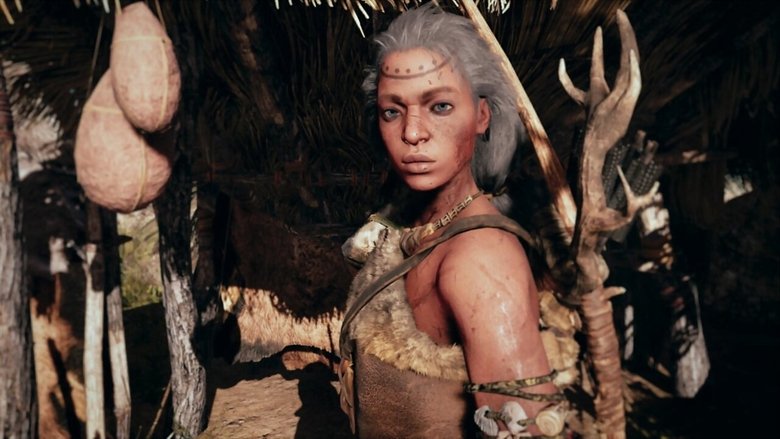
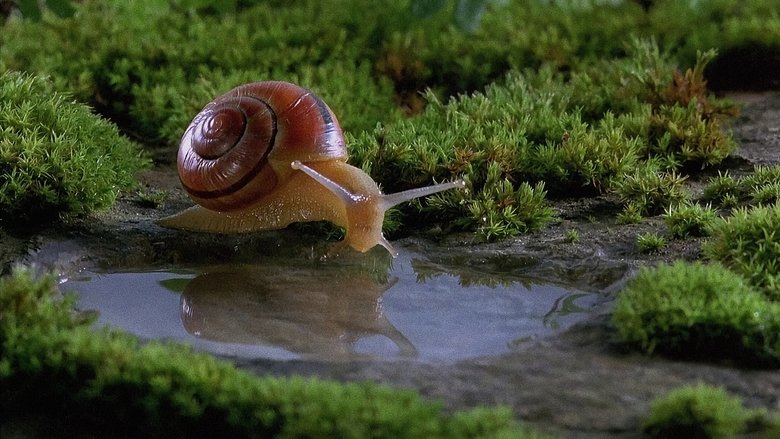
A documentary of insect life in meadows and ponds, using incredible close-ups, slow motion, and time-lapse photography. It includes bees collecting nectar, ladybugs eating mites, snails mating, spiders wrapping their catch, a scarab beetle relentlessly pushing its ball of dung uphill, endless lines of caterpillars, an underwater spider creating an air bubble to live in, and a mosquito hatching.
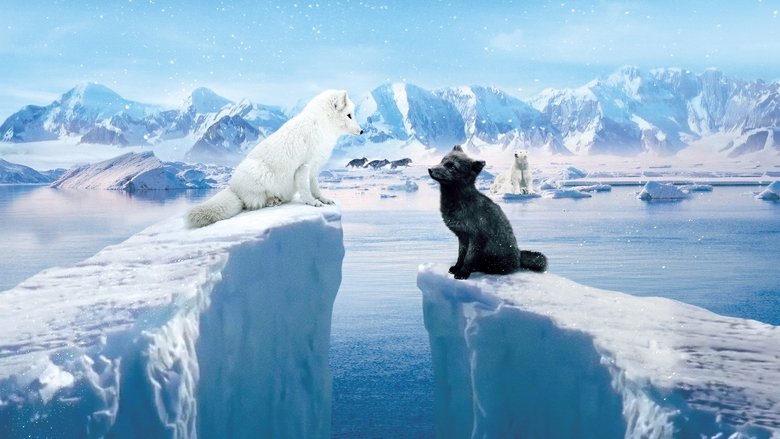
Kina & Yuk are two Arctic foxes, ready to start a family. But the climate is warmer, and the food is more and more rare. Kina & Yuk are obliged to venture far and far away.
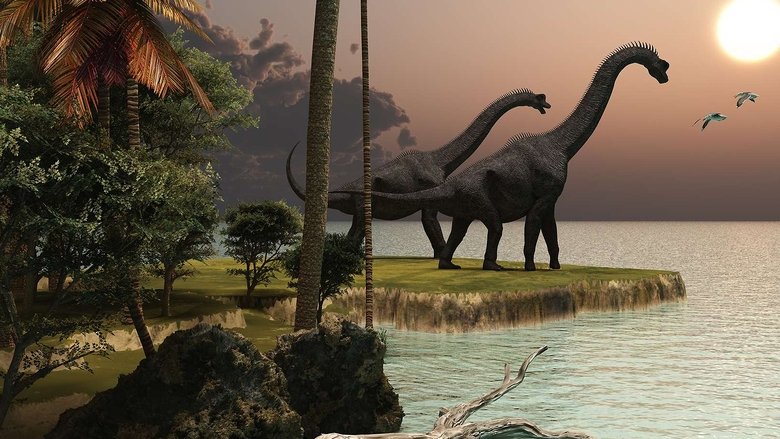
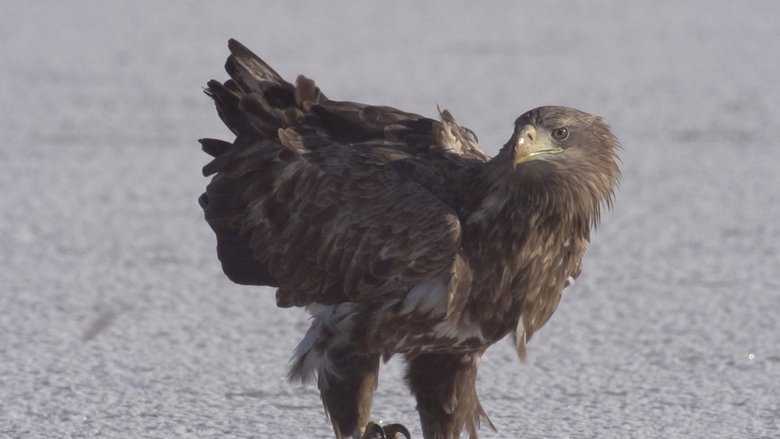
At first glance, it's just like other European plains. Once the wind and rivers worked on it, today it bears the signs of human activity. The Hungarian Puszta is different nonetheless: it lives a secret life where always happens something. Big birds hustle and push each other, the traffic of the white, salty lakes competes that of major airports, antlers clash like swords, and an owl claps on all this. The most peculiar creature is the protagonist itself. The golden jackal once lived here, but it vanished for decades because of constant persecution. But this four-legged predator, defying the danger, has returned and founded a family. The new pack howls in the frosty night: "This is our land!"

A look at the state of the global environment including visionary and practical solutions for restoring the planet's ecosystems. Featuring ongoing dialogues of experts from all over the world, including former Soviet Prime Minister Mikhail Gorbachev, renowned scientist Stephen Hawking, former head of the CIA R. James Woolse
Tale of a Lake is a film about the thousands of lakes that Finland is known for. It takes the viewers on an unprecedented adventure, ranging from the crystal clear springs all the way to the basins of the big lakes. It opens a whole new world of underwater nature for the viewers, and tells about the many old tales and beliefs in the land of thousands of lakes. The story of the film is told through tales that are based around the myths, legends and old beliefs that are part of the Finnish mythology.
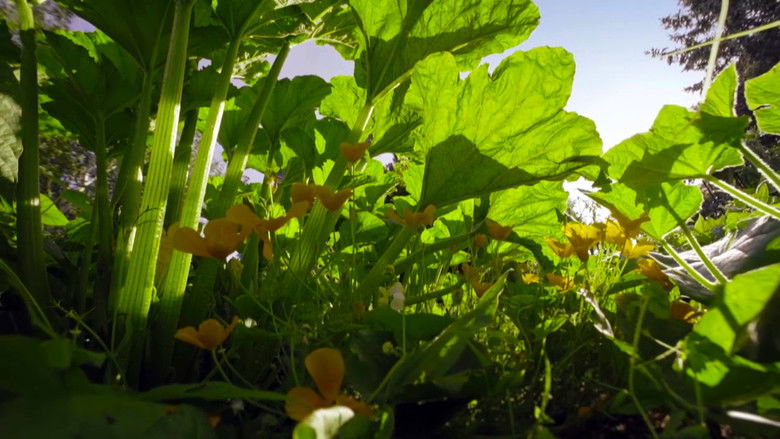
This is the story of a vegetable garden, from the first seeds to the harvest. But this garden is different, because here the gardener has decided to banish pesticides and other chemicals, and to be helped only by discreet workers, the insects. As we dive into the heart of this plant kingdom, we discover thousands of tiny lives that organize themselves as in a micro-society: decomposing insects, recyclers, pollinators, the workers of the garden work to maintain a fragile balance within the vegetable garden. As the plants grow and begin to produce their first vegetables, the incredible interactions between insects and plants help protect the future harvest. But it is also their personal stories that punctuate the life of the garden. Between parades, mutual aid and attempted putsch, the story of the vegetable garden thus takes the form of a true nature tale.
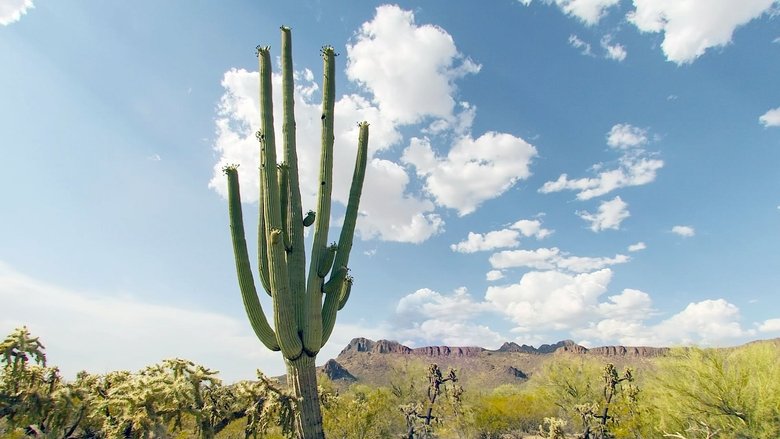
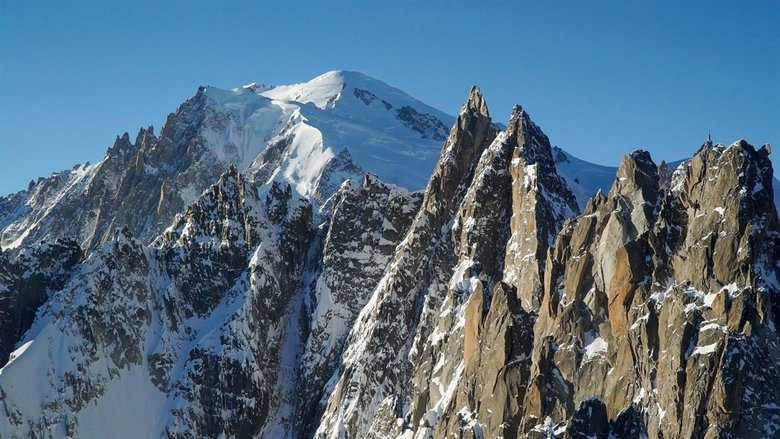
The Alps – wild mountains, extreme lives, but also a magical world. This majestic mountain range connects eight countries and reaches heights of up to 4,000 metres above sea level. At a length of 1,200 kilometres, the Alps form both a connecting bridge between western and eastern Europe and a high barrier between southern and central Europe. The mountains act as a mighty water reservoir and continental watershed, feeding innumerable rivers that flow into three different oceans. Their highest peak, Mont Blanc, is surrounded by long, soaring mountains with ice-covered slopes. These great summits are just one reason the so-called “Roof of Europe” continues to fascinate – across the continent and around the world. The incredible diversity of landscapes, flora and fauna makes the Alps a unique natural treasure at the heart of Europe.
